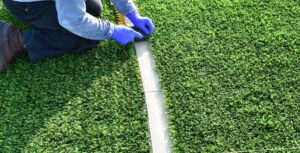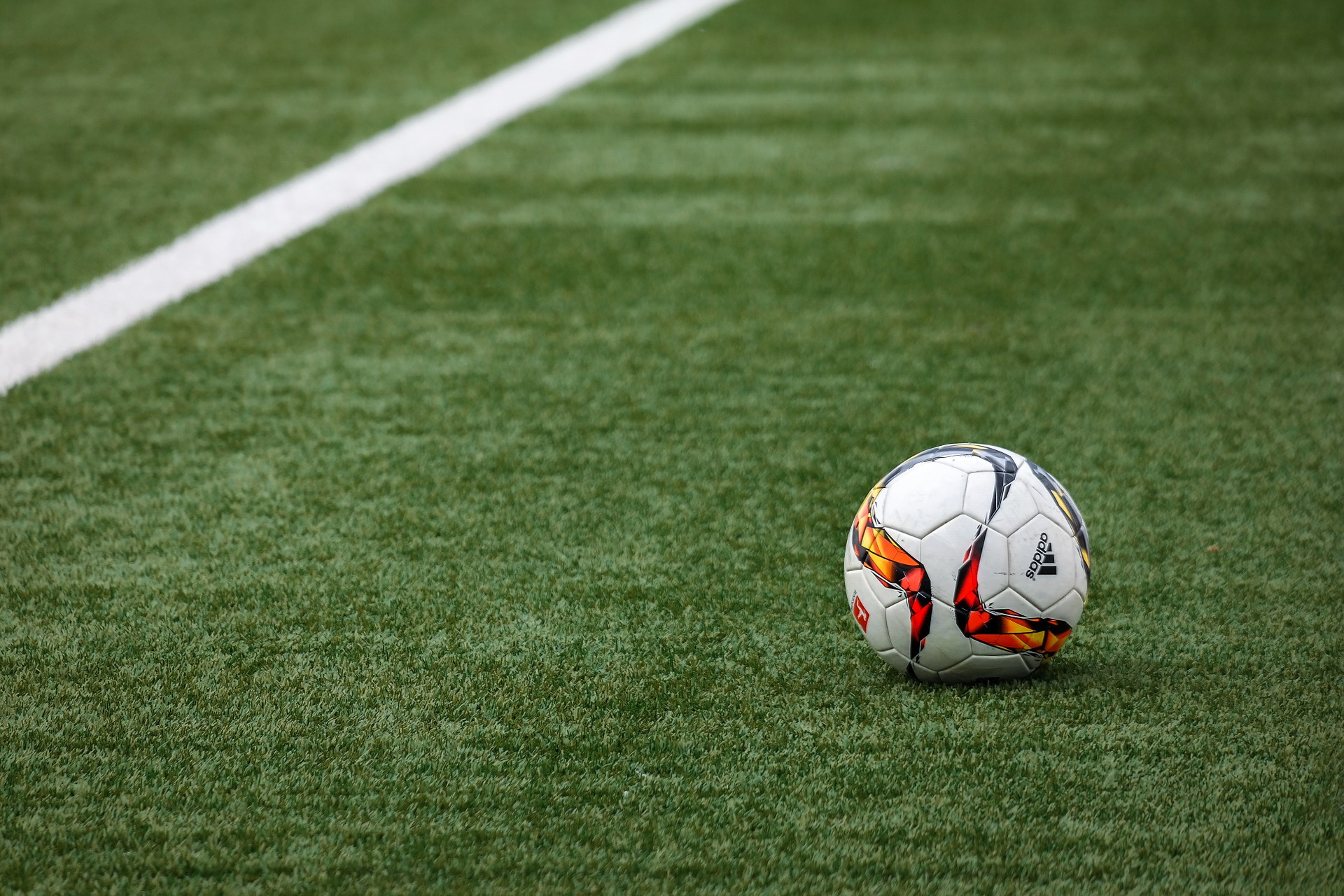The Advantages of Artificial Grass on Football Fields
Football is a beloved sport played in stadiums all over the world. The condition of the playing surface greatly impacts the game, and in recent years, artificial grass has gained popularity as an alternative to natural grass on football fields. There are several key differences between the two that make artificial grass a preferable option.
One of the main advantages of artificial grass is its durability. Unlike natural grass, which requires regular maintenance and reseeding, artificial grass can withstand heavy usage without wearing down. This means that football matches can be played on the same field day after day without significant damage to the playing surface.
Another benefit of artificial grass is its consistent playing surface. Natural grass can become uneven and muddy, especially during wet weather conditions. This can lead to players slipping and losing their footing, affecting their performance and increasing the risk of injuries. Artificial grass, on the other hand, provides a smooth and stable playing surface regardless of the weather conditions.
In addition to durability and consistency, artificial grass also offers improved drainage. Natural grass fields can become waterlogged, causing matches to be postponed or canceled altogether. With artificial grass, rainwater is quickly drained away through a system of perforations and channels. This ensures that matches can be played as scheduled, regardless of the weather, providing a reliable playing surface for both players and spectators.
The Environmental Impact of Artificial Grass
In recent years, the environmental impact of traditional grass fields has come under scrutiny. Maintaining natural grass requires significant amounts of water, fertilizers, and pesticides. These chemicals can leach into the soil and waterways, harming the environment. Additionally, the constant mowing and maintenance of natural grass fields contribute to carbon emissions.
Artificial grass, on the other hand, requires minimal maintenance and does not need watering or the use of harmful chemicals. By opting for artificial grass on football fields, sports clubs can reduce their ecological footprint and contribute to the conservation of water and the preservation of biodiversity.

Furthermore, artificial grass eliminates the need for mowing, reducing noise pollution and carbon emissions. This is particularly important in urban areas where football fields are often located near residential neighborhoods. The use of artificial grass allows for a more peaceful and environmentally friendly playing environment.
The Cost-Benefit Analysis
While the initial cost of installing artificial grass may be higher than natural grass, the long-term benefits justify the investment. Artificial grass has a longer lifespan, reducing the need for frequent replacements. This not only saves money but also minimizes disruption to matches and training sessions.
Moreover, the durability of artificial grass means that it can be used for a variety of sports and recreational activities, increasing the versatility of football fields. This can result in additional revenue streams for sports clubs, as they can rent out the field for other events when it is not in use for football matches.
In conclusion, the use of artificial grass on football fields offers numerous advantages compared to natural grass. It provides a durable, consistent, and environmentally friendly playing surface, ensuring that matches can be played as scheduled regardless of weather conditions. Additionally, artificial grass reduces maintenance costs, minimizes disruption, and expands the revenue potential of football fields. With these benefits in mind, it is clear why many football clubs are choosing artificial grass for their playing surfaces.


